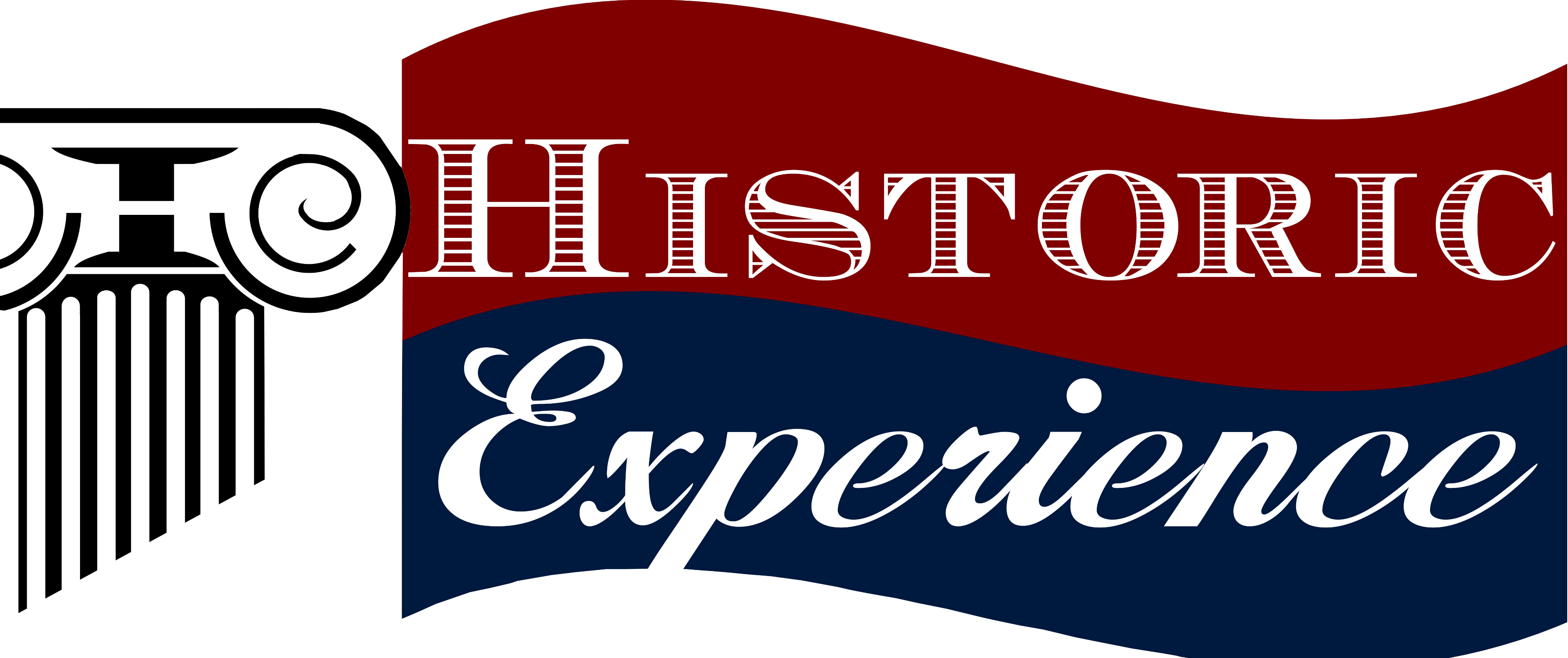May 28 - "To be prepared for War..."
May 28:
"To be prepared for War..."
To be prepared for war, is one of the most effectual means of preserving peace.
George Washington, First Annual Address, to both Houses of Congress (8 January 1790).
As I have mentioned before, one of Adams’ greater Presidential challenges was what we now call the Quasi-War – what Adams referred to as the “near War with France.” As President, he sought peace, which angered many in the Federalist party, particularly the more hawkish members who favored fighting the French.
But Adams was an equal opportunity offender. As the saying went – a saying Adams utilized in various iterations – he held the sword in one hand and the olive branch in the other.
In order to do that, Adams needed a sword.
There was a long-standing fear of many things British, and that included their practice of a permanent army and navy. Democratic-Republicans like Thomas Jefferson feared that America having such forces always at the ready would lead his new country into unnecessary war and conquest.
That concern helped bring about the disbanding of the Continental Army after the Treaty of Paris, and the dismantling of the Continental Navy. There were state militias (basically what stood before the Revolution – and showed the need for a larger unified military force), and the closest to a national army were scattered troops patrolling the frontier. The navy had essentially become the precursor to the Coast Guard, with a handful of cutters (small, single-mast sailing ships) patrolling the coastline and ports.
And then came the French: the same naval force that gave America a fighting chance against England. There was also the rumor of French spies in American cities.
The ingredients for potential conflict were many: France was at war with England, and expectant that America would join with France. The Jay Treaty kept America from engaging in such warfare. French ships started attacking American ships. American ambassadors were essentially refused entry to France unless bribes and loans were given. The fear of war was palpable. Really, the only thing keeping it from getting worse was France itself – strapped for cash and already in the middle of another war.
But Adams, not wanting to be unprepared, petitioned Congress for the means to enlist a provisional army, and to recreate a navy. Congress gave him both. Adams would even go so far as to establish a Department of the Navy, complete with a new cabinet Secretary, Benjamin Stoddard. Adams believed in Washington’s above words, and wanted to be prepared. So of course these measures angered the Democratic-Republicans. But the President was not worried about being liked or disliked. It was a moment of being prepared for peace – or war.

John Adams
to William Prentis,
6 June 1798
I thank you for your most zealous approbation of the Measures calculated for the preservation of Peace, and restoration of Harmony with the French Republic. War is not to be resorted to, but in pursuit of Justice and in Cases of necessity. A War with France, if just and necessary, might wean Us from fond & blind affections, which no Nation ought ever to feel towards another, as our Experience in more than one Instance abundantly testifies.
